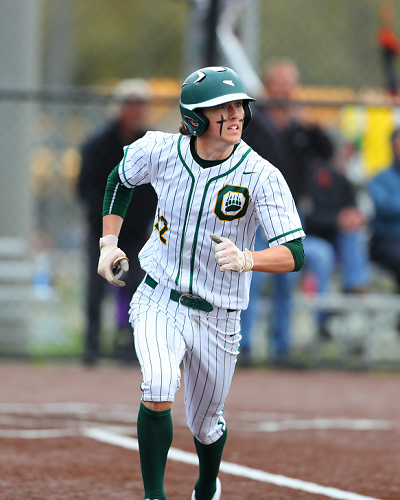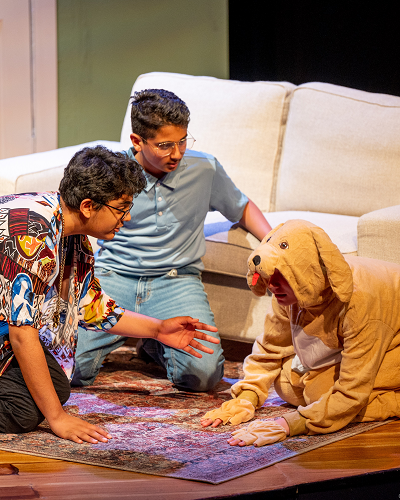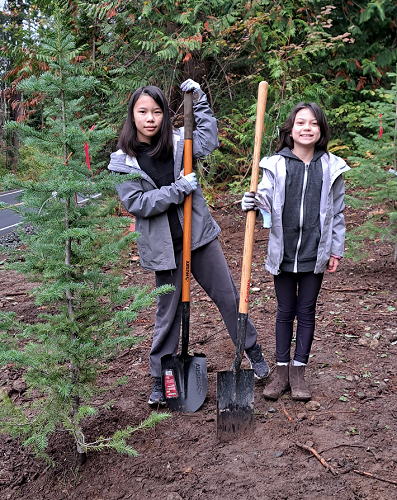Letter from Matt - November
Dear Overlake Community,
On Wednesday night I had the chance to watch the girls’ volleyball team play in the ECL Tournament. If you have not had a chance to see this team in action you should before the season is over. They are a talented group of players and coaches, who understand the game well and play it at a high level. It was evident that the coaches clearly worked with the young women throughout the season to hone their individual skills and more importantly get them to play as a cohesive team. I came away thinking about these players and coaches and how impressive they were and wondering what I could learn from them.
This year I am teaching a section of seventh-grade math. Having taught math (and some computer science) from grades 6-12, I was excited to return to the classroom and teach. Although I am not teaching my students how to hit a spike or the correct technique for an effective serve, I am, like the volleyball coaches, trying to help my students to become the best math students they can be. I do this by asking my myself two fundamental questions: What do I want my students to know and what do I want my students to be able to do?
These may seem like simple questions, but each one asks me to think deeply about what I am covering and how I am covering it. The knowing part requires me to review what the students have done before and to understand fully where my students need to be at the end of the year. Understanding this allows me in working with other math teachers in the department to frame the units I teach. I know that a lesson I am covering today on manipulating variables needs to fit into the goals for the entire year.
The “to do” part of the class is providing students with practice that challenges them with increasing difficultly, all in a supportive environment. Such practice will help students move from a basic level of understanding to mastery. If I can get my students to master certain skills and techniques, I am confident that they can apply these in solving higher-order problems or on problems they have not seen before.
Finally, how do I know that students are progressing? Just as the coaches can track progress, so too can I. By providing my students with assessments – homework, in-class work, tests, and quizzes, I am able to gauge where each of my students is and what help they may need. I also can identify errors that are common among all of the students and plan lessons that address these. No doubt a similar type of work is happening at the volleyball practices as well.
All of this leads to the realization that coaching and teaching is dynamic and on-going work. As our volleyball team takes to the court again this weekend, no matter the final outcome of the match, I’m confident they will have learned valuable skills that will help them succeed in life. So too are my math students learning to problem solve equations that will inevitably boost their abilities as they progress in their education. And what a privilege for us adults, whether it be coach or teacher, to see the transformation before us.
Warmly,
Matt



